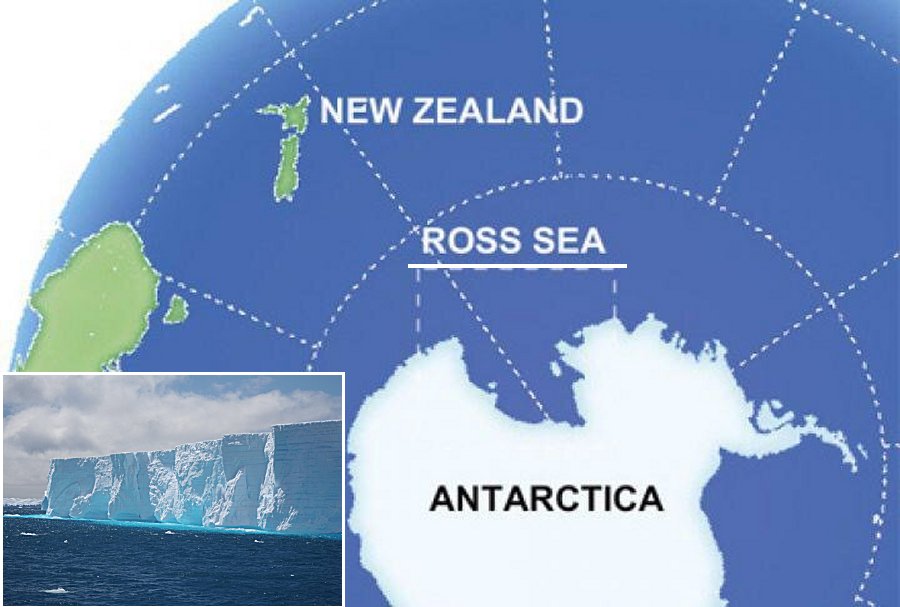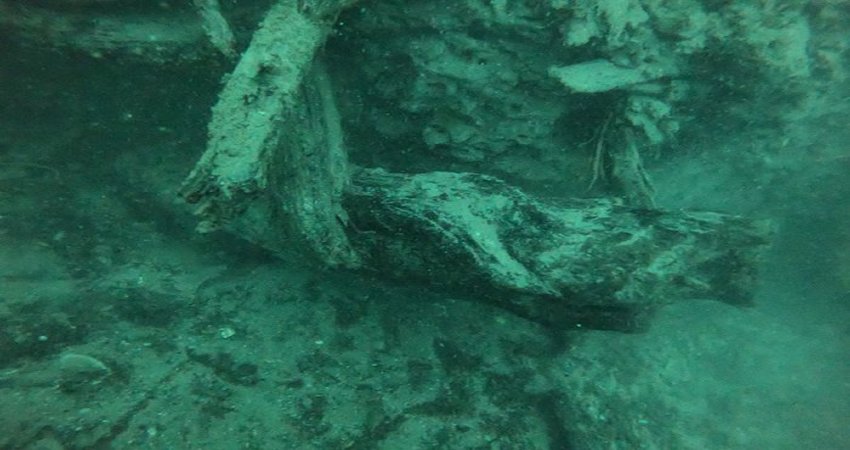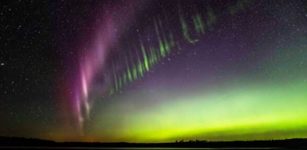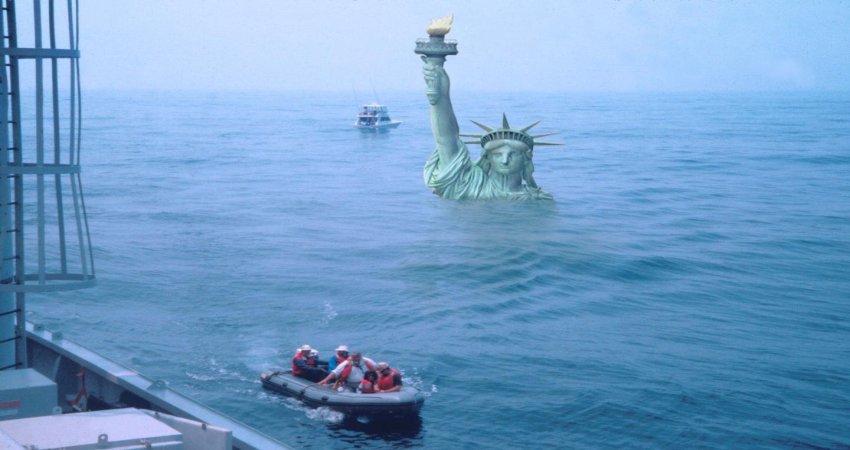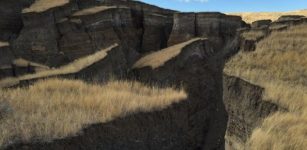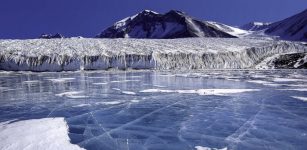Intriguing Study: Climate Change Does Not Affect All Glaciers Of Antarctica
MessageToEagle.com – Apparently, climate change does not affect all glaciers of Antarctica.
This particular region is the western Ross Sea coast, in contrast to the rapidly shrinking glaciers in other parts of Antarctica.
In the region of the western Ross Sea coast, the effects of these changes are not yet observed for glaciers, according to a new study by researchers at Portland State University and the National Snow and Ice Data Center (NSIDC) at the University of Colorado Boulder.
The western Ross Sea is a key region of Antarctica, home to a complex and diverse ocean ecosystem, and the location of several Antarctic research stations including the U.S. McMurdo Station, the largest on the continent.
On the other hand, glaciers on the Antarctic Peninsula, which is the northernmost part of the mainland of Antarctica, located at the base of the Southern Hemisphere – are rapidly shrinking.
The Antarctic Peninsula (also known as APIS) is one of the most rapidly warming places in the world.
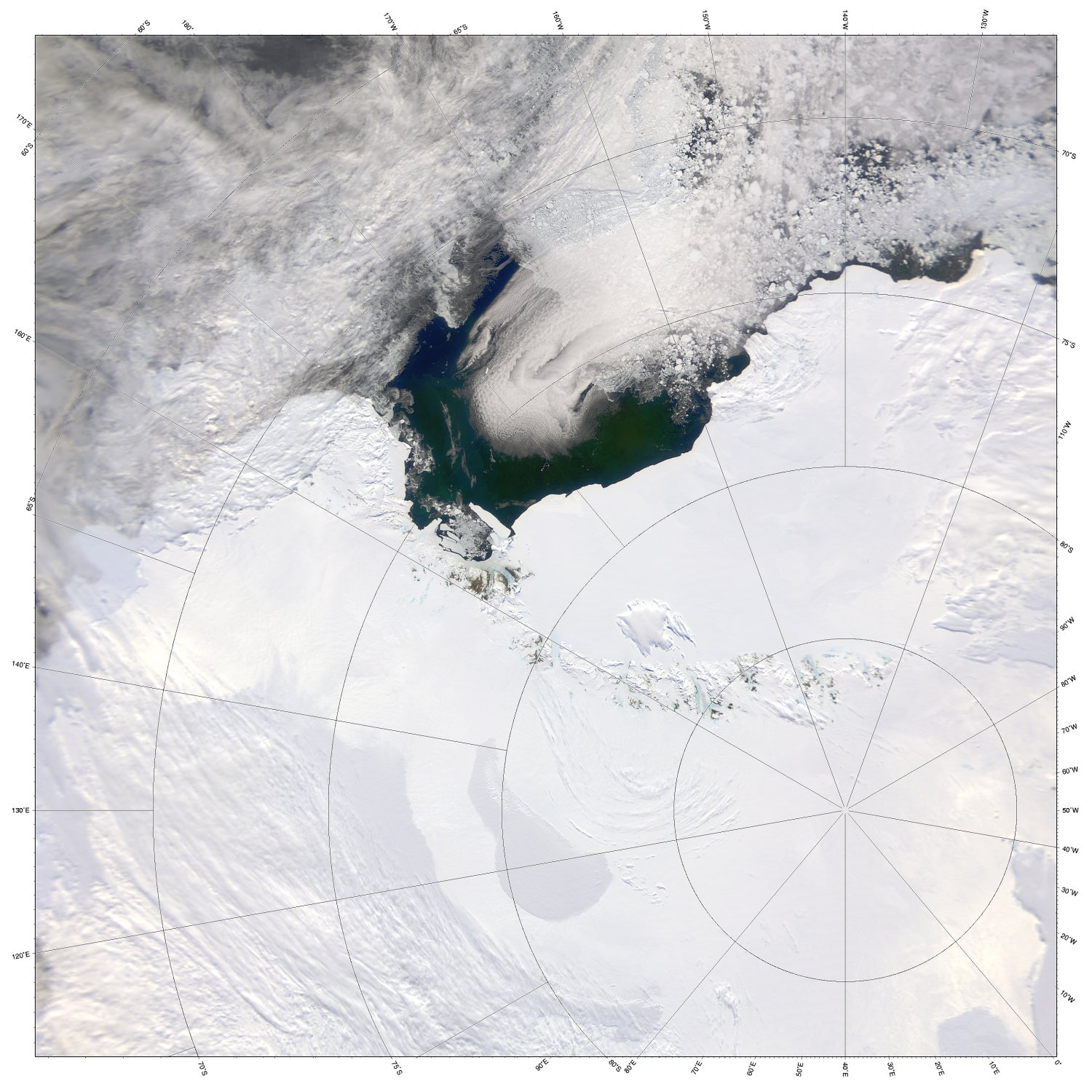
The researchers based their work on historic maps and a variety of satellite images spanning the last half-century to examine glacier activity along more than 700 kilometers of coastline. The NASA-U.S. Geological Survey (USGS) Landsat series satellites were particularly useful, including the newest Landsat 8 instrument, launched in 2013.
See also:
Antarctica Holds The Secrets To Mankind’s Past And Future
Giant Landforms As Tall As The Eiffel Tower Discovered Beneath Antarctica Ice Sheet
As many as 34 large glaciers were examined for details of ice flow, extent, and calving events (formation of icebergs). Although each glacier showed advances and retreats, there was no overall pattern over time or with latitude.
The results suggest that changes in the drivers of glacier response to climate — air temperature, snowfall, and ocean temperatures — have been minimal over the past 50 years century in this region.
The pattern of glacier advance and retreat has not changed along the western Ross Sea coast, in contrast to the rapidly shrinking.
Earlier studies had documented little change in the western Ross coastline prior to 1995, and the new study both confirmed the earlier work and extended the analysis to the present time.
This work underscores the complexity of Antarctic climate change and glacier response.
MessageToEagle.com
Expand for references
